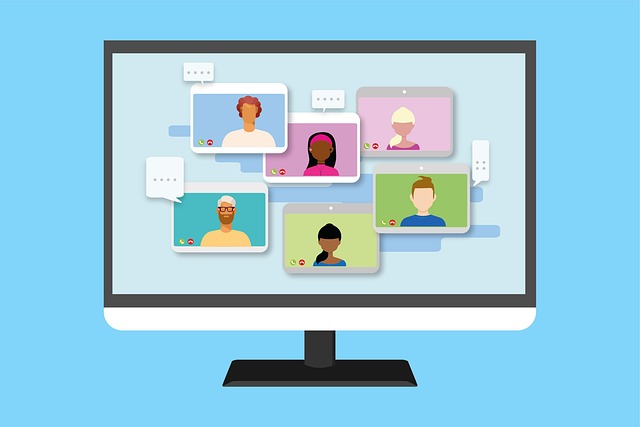Crafting Your Career Through Personal Branding
The art of personal branding has become an indispensable tool in today's competitive job market. This strategic approach to career development goes beyond traditional resume-building, encompassing a holistic view of how professionals present themselves to potential employers, colleagues, and industry peers.

The Genesis of Personal Branding
Personal branding as a concept has roots in the late 20th century, gaining prominence with the rise of the internet and social media. Initially, it was primarily associated with high-profile individuals and entrepreneurs. However, the democratization of digital platforms has made personal branding relevant and accessible to professionals across all industries and career stages.
The shift from traditional employment models to more fluid career paths has further amplified the importance of personal branding. As job tenures shorten and career changes become more common, individuals need to differentiate themselves in an increasingly crowded marketplace. This evolution has transformed personal branding from a luxury to a necessity for career advancement.
Understanding Your Professional Identity
At its core, personal branding is about understanding and articulating your unique professional identity. This process involves deep self-reflection to identify your strengths, passions, and values. It’s about crafting a narrative that coherently ties together your experiences, skills, and aspirations.
Effective personal branding requires clarity on what sets you apart from others in your field. This could be a unique combination of skills, a particular area of expertise, or a distinctive approach to problem-solving. The goal is to create a clear, consistent message about who you are professionally and what value you bring to potential employers or clients.
Leveraging Digital Platforms for Brand Building
In the digital age, online platforms play a crucial role in personal branding. Professional networking sites like LinkedIn have become virtual resumes, offering opportunities to showcase skills, share insights, and connect with industry peers. Social media platforms, when used strategically, can amplify your professional voice and demonstrate thought leadership.
Creating and maintaining a professional website or blog can serve as a central hub for your personal brand. This space allows for more in-depth exploration of your expertise through articles, project showcases, or even multimedia content. The key is to maintain consistency across all platforms, ensuring that your digital footprint aligns with your overall brand message.
Networking and Relationship Building
While digital platforms are important, personal branding extends beyond online presence. Building and nurturing professional relationships remains a cornerstone of effective personal branding. This involves attending industry events, participating in professional associations, and engaging in mentorship opportunities.
Networking should be approached as a two-way street. It’s not just about what others can do for you, but also how you can add value to your professional community. Sharing knowledge, offering support, and collaborating on projects all contribute to building a strong, positive personal brand.
Continuous Evolution and Adaptation
Personal branding is not a one-time effort but an ongoing process. As your career evolves, so should your personal brand. This requires regular reassessment of your professional goals, skills, and market positioning. Stay attuned to industry trends and be prepared to pivot your brand strategy as needed.
Seeking feedback from mentors, colleagues, and even clients can provide valuable insights into how your brand is perceived. This external perspective can help identify blind spots and areas for improvement. Remember, authenticity is key – your personal brand should evolve naturally, reflecting your genuine professional growth and aspirations.
Measuring and Refining Your Brand Impact
To ensure the effectiveness of your personal branding efforts, it’s crucial to establish metrics for success. This could include tracking professional opportunities that arise, monitoring engagement with your online content, or assessing the growth and quality of your professional network.
Regularly analyzing these metrics allows for data-driven refinement of your branding strategy. Perhaps certain types of content resonate more with your target audience, or particular networking approaches yield better results. Use these insights to continually optimize your personal brand for maximum impact.
The Ethics of Personal Branding
As personal branding becomes more prevalent, it’s important to consider the ethical implications. There’s a fine line between strategic self-promotion and misrepresentation. Authenticity should always be the foundation of your personal brand. Overstating accomplishments or creating a false persona can backfire, damaging your professional reputation in the long run.
Moreover, consider the broader impact of your personal brand. How does it contribute to your industry or professional community? Aim to create a brand that not only advances your career but also adds value to your field and potentially inspires others.
In conclusion, personal branding has emerged as a powerful tool for career development in the modern professional landscape. By thoughtfully crafting and consistently maintaining your personal brand, you can create a distinct professional identity that opens doors to new opportunities and fosters long-term career success. Remember, your personal brand is a reflection of your professional journey – make it authentic, impactful, and evolving.





